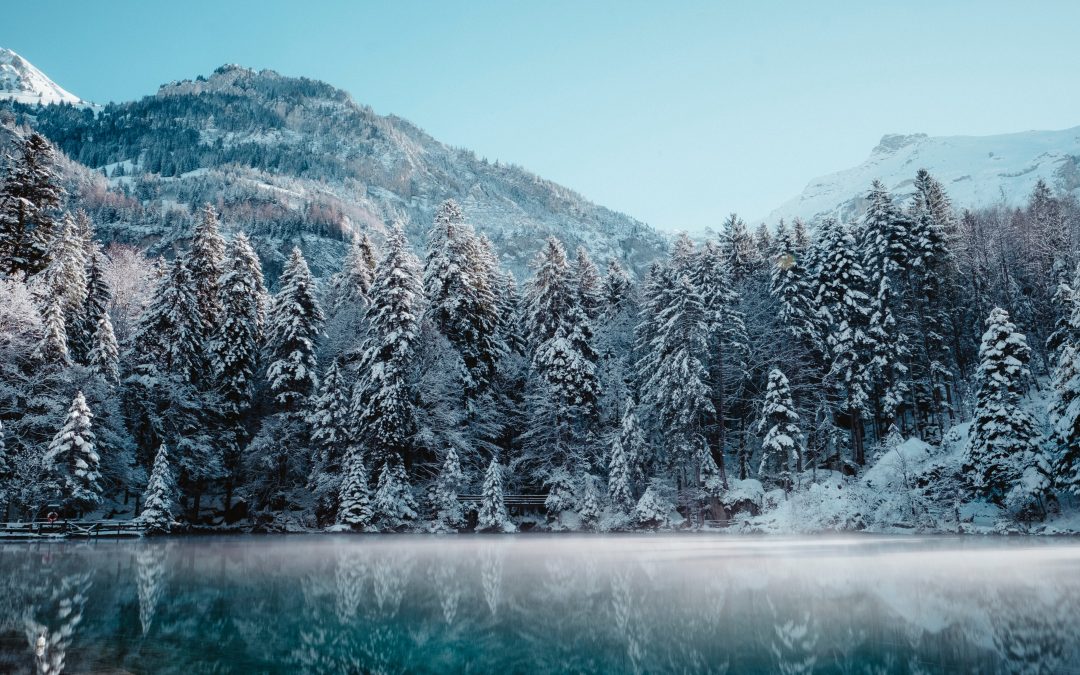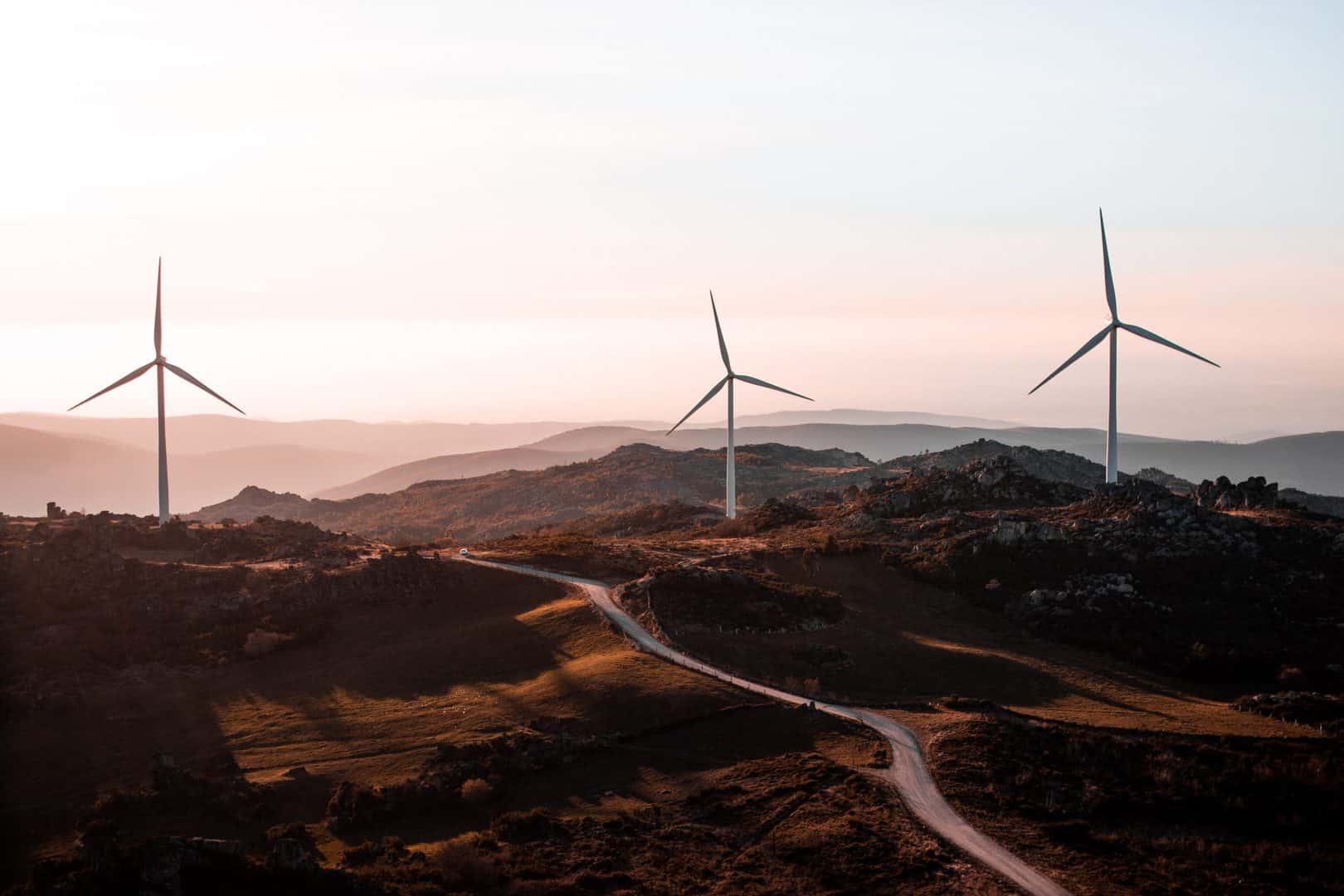Winter is here – and that means it’s time to winterize your skincare routine!
What does this entail? When seasons change, we make changes too, whether it’s our clothes (break out the down coats), our house (weather-proof windows), or our car (put on snow tires). So, doesn’t it make sense to reevaluate your wintertime skincare routine? Depending on where you live, winter can bring extreme shifts in weather that demand real changes.
cold weather = dry air + dry skin
Cooler temperatures mean dry air and for many, dry skin. Dryness is one of skin’s biggest winter enemies. While some can use the same products year-round, others need to make a transition right along with the seasons.
This is particularly so if you have dry or sensitive skin to begin with. It’s a double whammy. Severe dryness can lead to flaky skin, tightness, itchiness, redness and increased sensitivity. And we turn up the heat when it’s cold, which dries out the air even more.
What can you do to take care of wintertime skin?
pump up the moisture
Change to a more emollient facial moisturizer. Sheer or lightweight moisturizers might be perfect for summer or even fall, but come winter, they’ll likely be too light to do the job. You’ll want to use facial moisturizers that will both restore moisture more intensively, and help skin to retain it and lock it in.
cut back on toners
In the summer, skin tends to be more oily and we sweat more. Astringent products may be fine to help cut the oil and build-up but they can be too much for skin in the winter, stripping natural oils and causing irritation or sensitivity.
lighten up on exfoliation
Because of winter skin dryness, it may be more sensitive and itchy. Reduce the frequency of exfoliation. Sloughing off the top layer of skin cells too often may cause more irritation.
don’t lighten up on sunscreen
Now what’s the one thing you shouldn’t cut back on? Sunscreen. You may not be feeling the sun’s heat as much, but UV rays can still damage your skin. UVB rays might not be causing sunburn but, UVA rays, while less direct, still penetrate through clouds and windows, causing premature aging like wrinkles and age spots.
UVA damage often happens in the lower layers of your skin, so the full extent of sun damage won’t be visible until years later when it’s too late. It’s important not to take your eye off the ball — protect your skin the entire year!
Of course, everyone’s skin is different; there isn’t necessarily one regimen that will work for everyone. (Except sunscreen — everyone should use that.) Take an individualized approach and listen to your body to make the colder months more comfortable.













